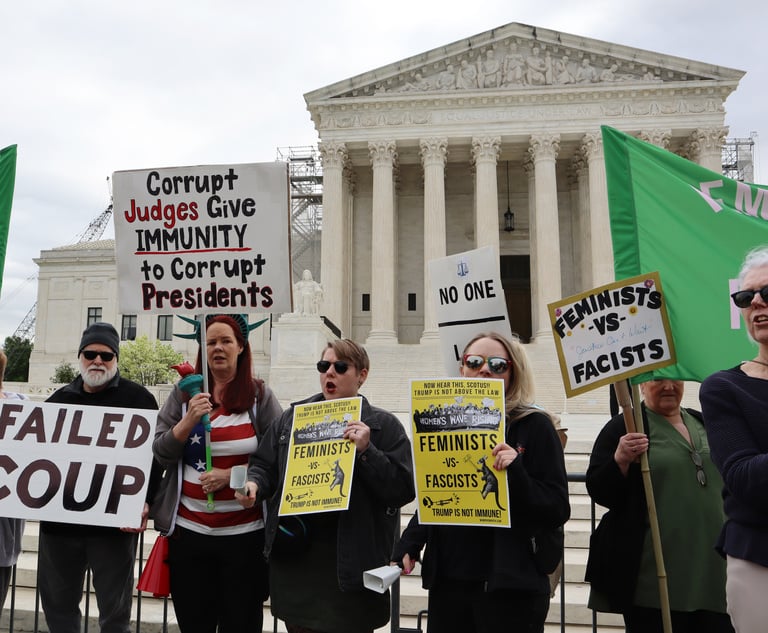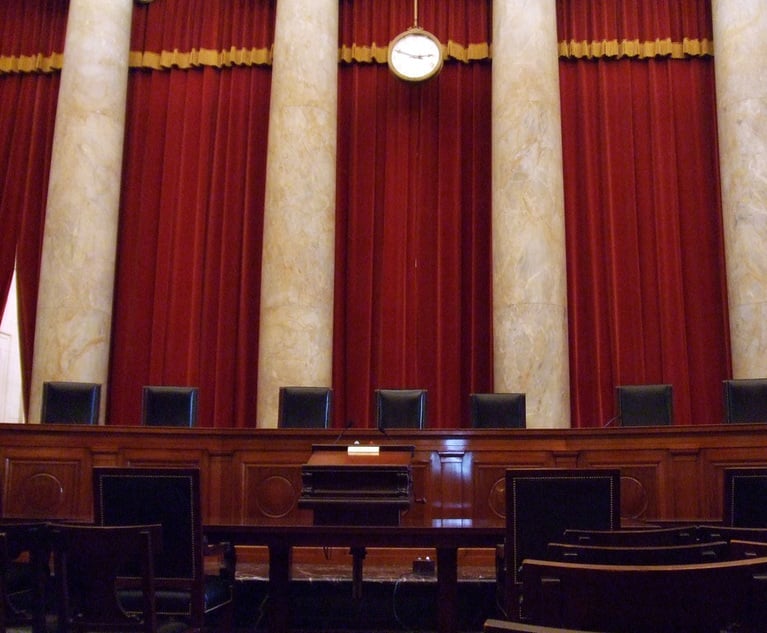The U.S. Supreme Court, this term, will conference an extraordinary case, Jones v. Oklahoma, that asks a “big question” on racial bias and death sentencing in Oklahoma. If the risk of racial bias in Oklahoma can be statistically proven, does that make a death sentence unconstitutional? The high court previously found that racial bias is a “constitutionally impermissible” factor in death sentencing.
Julius Jones was an honors student and a college athlete when he says he was wrongfully convicted and sentenced to death because of unreliable informant witnesses and inherent racial bias in the Oklahoma criminal justice system. Jones has two important sources of evidence that racism impacted his case. First, there are multiple, direct examples of racial bias in his case, including a juror who used the “n-word” about him. His attorneys also cite a 22-year, first-of-its kind statistical analysis of all capital sentences in Oklahoma. The results are conclusive.
This content has been archived. It is available through our partners, LexisNexis® and Bloomberg Law.
To view this content, please continue to their sites.
Not a Lexis Subscriber?
Subscribe Now
Not a Bloomberg Law Subscriber?
Subscribe Now
LexisNexis® and Bloomberg Law are third party online distributors of the broad collection of current and archived versions of ALM's legal news publications. LexisNexis® and Bloomberg Law customers are able to access and use ALM's content, including content from the National Law Journal, The American Lawyer, Legaltech News, The New York Law Journal, and Corporate Counsel, as well as other sources of legal information.
For questions call 1-877-256-2472 or contact us at [email protected]


 Jury box
Jury box






